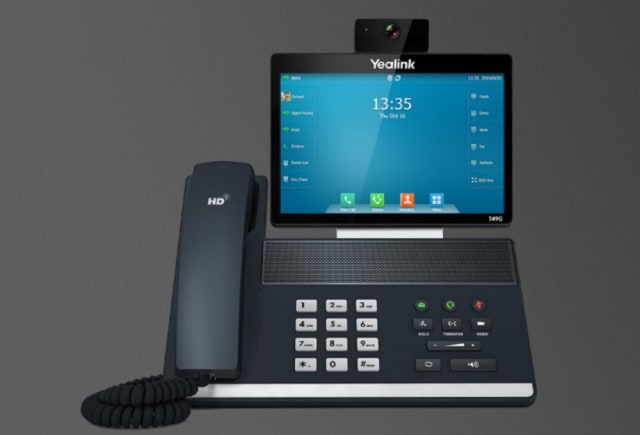The phone networks of many firms are the primary means of staff and customer communication. Even though email and text messaging have virtually supplanted the telephone, every organization still needs a business phone system.
VoIP phones are a smart solution for most companies. This article is a good online resource to learn more about these systems that offer cost-effective features and scalability for growing businesses.
Cost-Effectiveness
VoIP eliminates expensive copper wire phone lines, making it much more cost-effective. It also offers high call quality and a wide range of advanced features unavailable on traditional phones.
VoIP providers typically offer different tier packages that include various features like call recording, video conference integration, mobile app connectivity, and voicemail transcription. Generally, you’ll want to prioritize providers that allow for same-day setup and porting of existing business numbers to keep your initial costs low.
The hardware needed for VoIP is minimal and can be eliminated using softphones instead of traditional handsets.
Convenience
Have you ever played phone tag with a client, colleague, or vendor only to get their voicemail? It’s frustrating for all parties involved and can lead to missed sales opportunities and a lack of productivity. With VoIP, calls can be routed to multiple devices before going to voicemail, so urgent calls are answered first.
With most VoIP solutions, call recording is built into the system and is as easy to use as email sending. This feature can help improve customer service and provide valuable training tools for employees.
In addition to calling, most VoIP systems normally include faxing and video conference features. This means remote employees or those working from home can easily connect with the business using their smartphones or computers with an internet connection.
Scalability
The scalability of VoIP phones allows businesses to quickly add lines and functionality during busy seasons or a new campaign. Businesses can also easily scale back their phone systems to normal levels when unused.
Unlike traditional telephones, VoIP systems work over the Internet, which means that your business can take calls from anywhere as long as you have a reliable Internet connection. This is a great feature for businesses with employees who often travel or work remotely.
In addition, VoIP phone systems can integrate with other tools and collaboration software to make it easier for managers and employees to engage with clients, collaborate on projects, and manage business operations. This can reduce the number of separate systems used in a company, increasing productivity and saving on costs.
Flexibility
VoIP works over the Internet, avoiding costly copper wire infrastructure. As a result, it’s less expensive to set up and maintain VoIP phone systems than traditional landline or cell phones.
In addition, the VoIP system can accommodate remote employees without additional cost. This makes it easy for employees to connect with team members from home or the office without using cellular minutes.
Furthermore, business VoIP software offers a range of features to help organizations improve productivity. For example, it can integrate with CRM software to enable customer service representatives to access key client information while on the phone. It also supports digital faxing, eliminating the need for an old-fashioned office fax machine. In addition, businesses can implement phone trees and out-of-office automation and manage voicemail through desktop or mobile applications.
Security
While traditional landlines rely on specialized hardware to connect phone lines, VoIP is a cloud-based solution that uses the Internet to connect calls. That means businesses can save on installation costs and monthly recurring fees.
VoIP solutions are also reliable, thanks to their high-speed internet connections. Moreover, many providers offer features like call forwarding to mobile in case of internet outages, which ensures you won’t miss any calls.
Additionally, VoIP provides some security measures for business users to protect their data. One such measure is two-factor authentication (2FA), which requires an extra step to verify users’ identities when they log into the phone app or web dashboard. This helps to prevent unauthorized access to sensitive information. Moreover, some providers offer visual voicemail, virtual receptionists, and conference calling, among other features.

